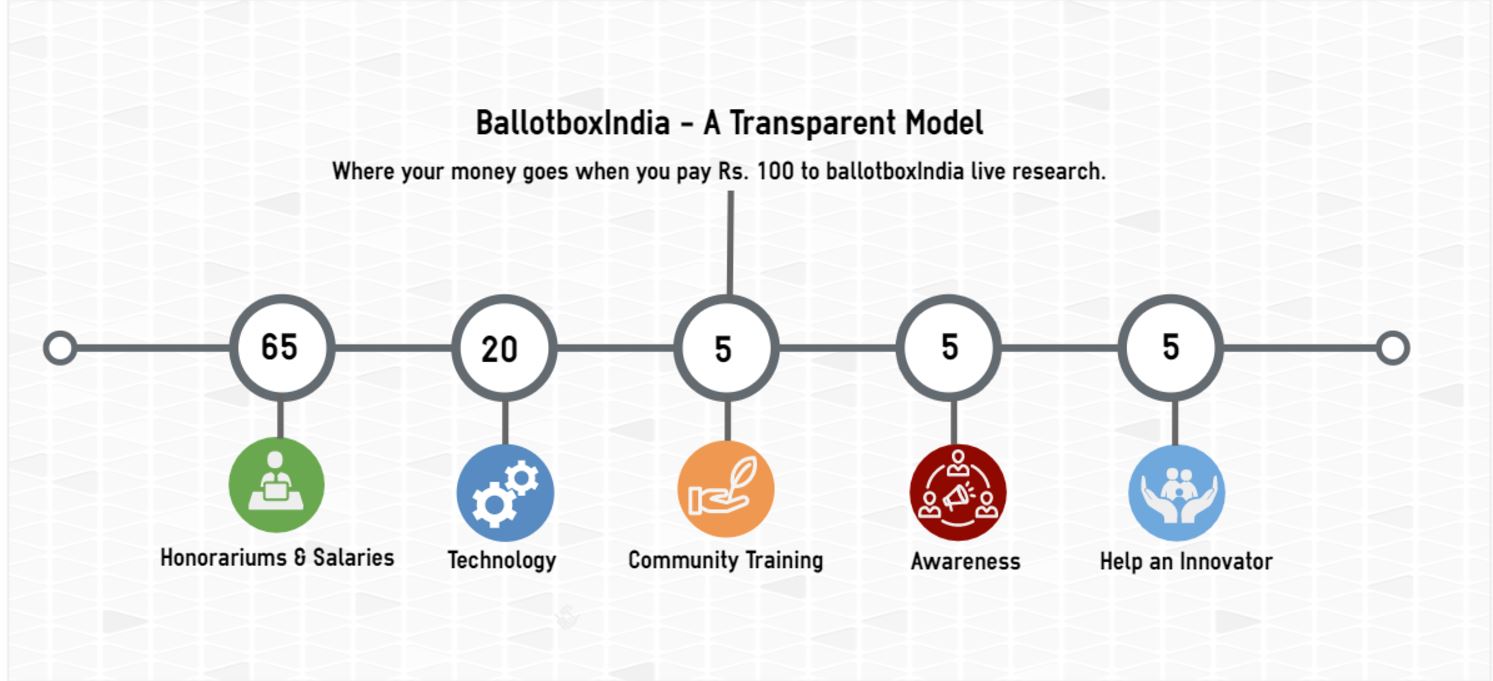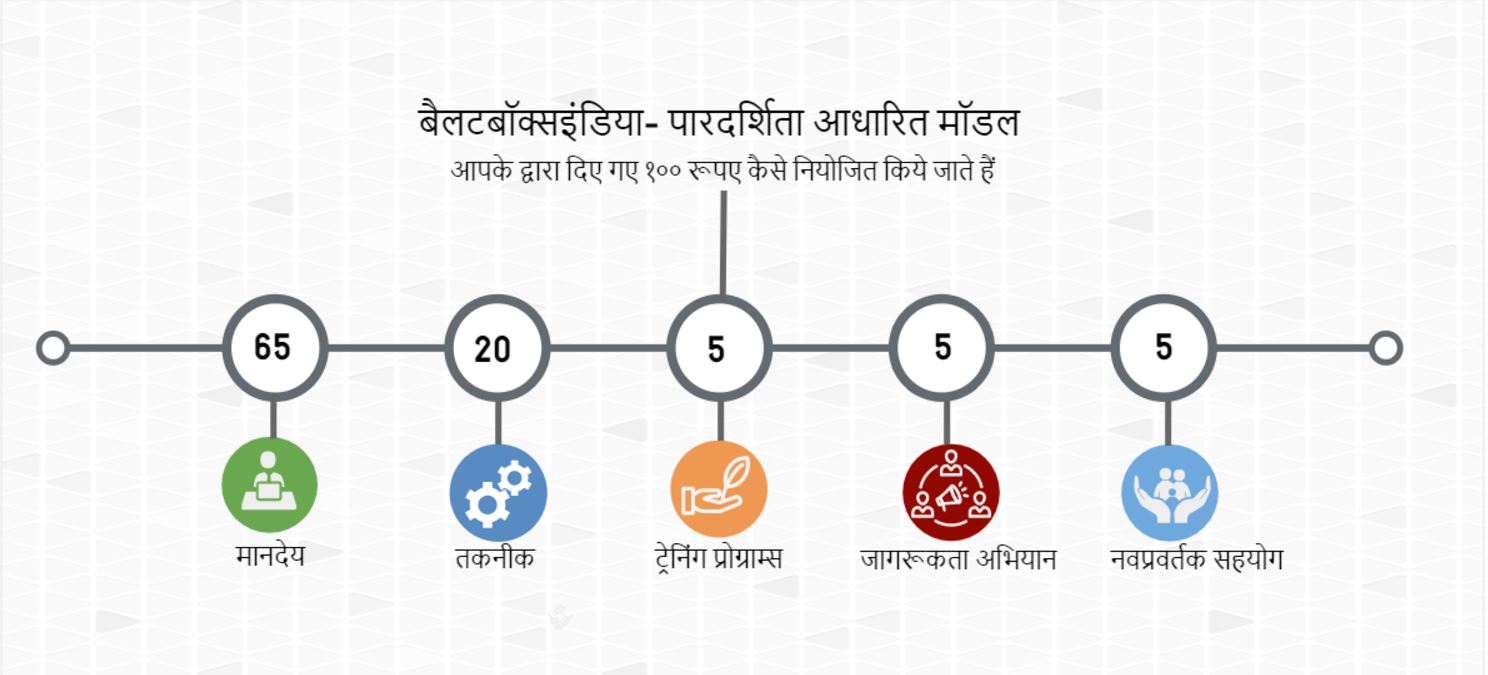LUCKNOW : While most of the efforts and focus of swachh bharat (Clean India) is on public behavioral change, which is effective to some extent, but is very subjective. Cleaner countries do have certain human behavior to attribute their cleanliness to, but majority is about right processes embedded into the system, which inculcate these values into citizens.
Starting with changing human behavior without building the right systems in place would fail, as its visible in Lucknow's Swachh Sarvekshan.
Here is one example of how waste collection works in a developed world city.
People segregate their household waste into recycle and biodegradable. Why?
1. Because they have facilities and segregation system in place right into their residences or very close to their residences.
2. Because if they don't dispose their waste in right manner, and if trash pickers find a single bottle in non-recycle waste they wouldn't collect the waste.
3. If they don't collect the waste, waste stays on the curb, and when waste stays on the curb residents around the curbs are responsible for it, and are fined by municipality.
And this system works!!, not because Europeans or Americans are better citizens, its just because they are provided a system to follow in the most comfortable way, and are penalized if the system is not followed, its as simple as that.
Not what we see in India when cleanliness is a major marketing exercise, wasting huge tax money but never working on real solution.
Lets take the case of swachh lucknow (clean lucknow) and explore some data points.
Lucknow is the capital city of Uttar Pradesh, a northern state of India. Lucknow which spreads in 2528 sq km, is the most facilitated city of Uttar Pradesh. City having population of 4,871,918 and increasing, has a great increasing load waste disposal. with low percentage of covered drains and sewerage treatment facilities, improper dumping of waste and sewerage leads to fatal diseases like Malaria, Dengue, Chickengunia etc. Every rainy season counts several casualties of these diseases.
Area(Sq km)-2528 and Population-4,871,918
-
Sewerage Connections- 35.2% and Drains Covered-34.7%

1-Improper dumping of non-biodegradable waste
Non-biodegradable waste is a type of waste that can not be broken down into its base compounds by micro-organisms, air, moisture or soil in a reasonable amount of time. Non-biodegradable waste is an environmental concern, as it threatens to overwhelm landfills and create disposal problems.

2-There is no end to end sewerage facility and planning, most of the time it ends up in open water bodies, lakes, ponds and drains
Rag is hand picked or truck lifted and then dumped to some other location without segregating the different waste components. In this way it firstly, spreads on roads while carrying improperly and secondly hazardous waste like lead, glass, plastic etc get disposed leading to contamination and degradation of environment.

3- Only 34.7% covered Drains, choking and over flowing due to waste dumping
Open sewerage drains are vulnerable to solid waste that is dumped directly by people leading to choking and over flowing of drains forming a breeding bed for mosquitoes and other insects.

4-Non-functional or No Sewerage treatment plants
Sewerage waste flowing through drains is often directly disposed to the river Gomti. Drains are rarely tapped. Lucknow currently has two STPs, one at Daultaganj and other at Bharwara, both working on old technologies.

In Summary - Above cycle leads to
1. Poor citizen health, children falling sick. Over reliance and misuse of antibiotics (unregulated in India), and usage of preventive chemicals, fumes. Lower immunity and high drug resistance in population.
2. This regular collapse of drainage and water bodies has huge cleanup and maintenance cost on Taxpayer money. Which can be used in education, healthcare and new facilities.
3. Mammoth wastage and contamination of life sustaining Water . Over and under ground, flowing and raining.
4. Indirect costs of a failed drainage and waste management system are tremendous. e.g. rainwater if not managed properly can lead to roads degradation due to stagnation, breed diseases, and a major cause of loss to ground water table. Which starts its own cycle of tax money wastage and steep decline in sustainability parameters.
This cycle effects everyone irrespective of social strata. How long you would not go to social gatherings, avoid being in public, not take public transport fearing someone may sneeze or a mosquito will bite.
If there is a spot left anywhere in your city it will come and get you in one form or another.
Now what can be done about it?
Would you like to work on a holistic waste management and cleanliness process in your city?
Would you like to really make a difference by researching and working on the root of the problem?
If yes, write to coordinators@ballotboxindia.com to know more.
Will my ideas and efforts be supported and funded?
Yes, any sustained effort to make a real difference should be carried in a systematic and consistent manner. If you can spend some time for betterment of your communities and take responsibility write to us.
Team @ballotboxindia
 tag on profile.
tag on profile.




